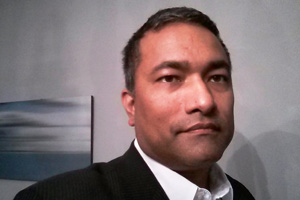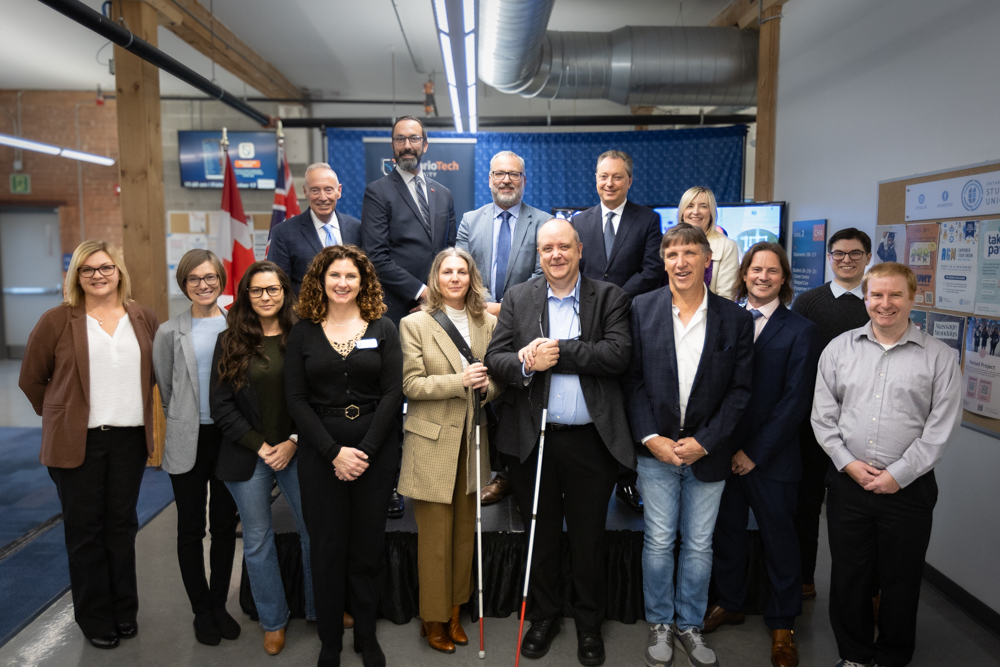FBIT marketing expert interviewed by Globe and Mail and CBC Radio One
December 12, 2014

Dr. Tirtha Dhar, Assistant Professor, Faculty of Business and Information Technology, recently provided his expert opinion in a Globe and Mail article that talks about competition in the collaborative communication technology market.
The article described the dilemma faced by Audability, a Mississauga-based service provider that outfits businesses with video and audio conferencing and Web streaming tools.
The global web conferencing sphere is growing exponentially. According to analysts from Frost & Sullivan, the market was worth US$1.8-billion in 2012, and is expected to reach close to $2.9 billion by 2017. The problem with this kind of growth is that everyone wants a piece of the pie – the barriers to entry are low, which encourages heavy competition from low-cost solution providers. This makes it difficult for companies like Audability to differentiate themselves.
Dr. Dhar was one of three experts asked to weigh in on the question, “How does Audability compete in an industry where the barriers to entry are low and new competitors are constantly springing up?” His advice was for Audability to compete on price by bundling goods and services in a way that makes things easy for the customer. The services can be outsourced to partners if it makes sense to do so.
Dr. Dhar was also recently interviewed on numerous CBC Radio One stations across Canada on the topic, Does public opinion influence how foods are marketed?
In an interview with Matt Galloway on Metro Morning (Toronto), Dr. Dhar commented on the marketing reasons behind the recent decisions made by Coke, Pepsi and Dr. Pepper to reduce the calorie count in their beverages by 20 per cent over the next decade. The soft drink makers plan to push smaller can and bottle sizes, and more aggressively market bottled water and diet drinks.
- Listen to the Metro Morning interview clip.
Interviews were also done in:
- Edmonton, Alberta
- Gander, Newfoundland and Labrador
- Kamloops, British Columbia
- Kelowna, British Columbia
- Kitchener, Ontario
- Sudbury, Ontario
- Victoria, British Columbia
- Yellowknife, Northwest Territories



